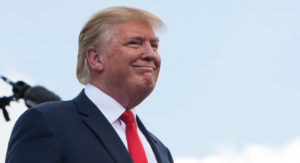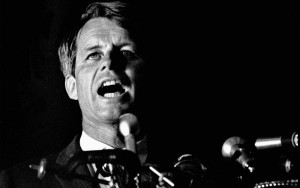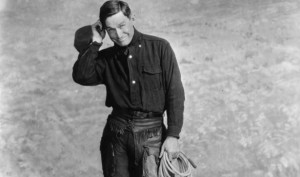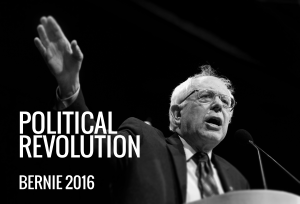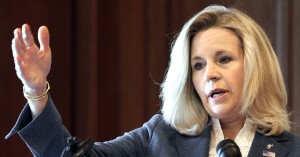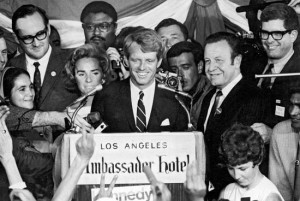I am steeling myself for what I know is coming.
The election of the next president of the United States is going to be an ugly, nasty affair.
It’s a function, I suppose, of anger among the electorate. I am having difficulty processing the reasons why folks are so angry.
My larger sense, though, is that the negativity will be fueled by quality of the two major-party nominees.
Republican Donald J. Trump will be nominated first. This coming week in Cleveland, delegates will gather to send this fellow off to do battle with the Democratic nominee.
Hillary Rodham Clinton will receive the Democrats’ nomination.
Both of these individuals will pack a large load of negative baggage onto the campaign trail. Trump’s unfavorable rating is the 70 percent range; Clinton’s is in the high 50s, low 60s.
So, with little to commend these folks’ positive attributes, they and their campaigns are likely to resort to extreme negativity to tell us all why the other candidate is so repugnant.
I came of age in the late 1960s. I remember a time when the nation was torn to shreds by political unrest. The Vietnam War was going badly. My first political hero, Robert F. Kennedy, was gunned down while he campaigned for the presidency … two months after an assassin killed Martin Luther King Jr. The year was 1968 and it will go down as the most tumultuous year of the final half of the 20th century.
RFK used to consider politics to be a “noble profession” and I bought into it. My belief in its nobility, though, has taken plenty of hits over the years. Money has corrupted the system. We keep seeing the same faces and hearing the same voices every four years.
And that brings us to this campaign.
Are the major-party candidates driven by their grand vision? Will they offer us chapter-and-verse dissertations on why they represent the very best of Americans?
I am not holding my breath.
If my fears prove to be true — that Donald Trump and Hillary Clinton will drive voters to stay home rather than having their voices heard at the ballot box — then we can lay a good chunk of the blame at the negativity we will have heard.
Let’s all get ready for what we know is coming.


